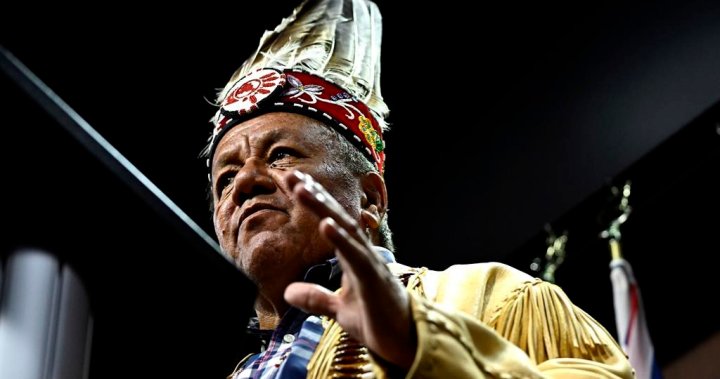A political organization representing Ontario First Nations has initiated a constitutional challenge against the province and the Canadian government. The Chiefs of Ontario claim that many laws related to tenancy, land management, and environmental protection do not apply on reserves, resulting in unequal access to justice for First Nations people. While First Nations can create their own laws to fill in these gaps, they lack enforcement and prosecution mechanisms. The lawsuit alleges that the governments do not provide these services or enough funding for First Nations to hire their own enforcement officers or prosecutors. Additionally, the Ontario Community Safety and Policing Act, which came into effect on April 1, excludes the enforcement of First Nations bylaws from mandatory policing duties and is unclear on the enforcement of other First Nations laws.
The lack of resources and enforcement of laws is significantly impacting First Nations communities. Chief Glen Hare stated that this situation leaves them with no access to justice and results in unsafe communities. The inability to enforce laws hinders their ability to address issues such as addiction, dangerous individuals in communities, tenancy regulations, waste disposal, and more. The Chiefs of Ontario argue that failing to enforce and prosecute First Nations laws is discriminatory and poses serious risks to their communities. Despite these claims, none of the allegations have been tested in court, and a statement of defence has yet to be filed.
The constitutional challenge raises concerns about the discrimination faced by First Nations in Ontario and the challenges they encounter due to the lack of enforcement of their laws. The inability to regulate various aspects such as tenancy and waste disposal not only impedes community safety but also undermines the autonomy and self-governance of First Nations. The Chiefs of Ontario are advocating for equal access to justice and the necessary resources to enforce and prosecute their laws effectively. They argue that the rule of law, essential for ensuring public safety and order, is inaccessible for First Nations people in Ontario, highlighting the urgent need for systemic changes.
The lawsuit sheds light on the complex legal and jurisdictional issues faced by First Nations in Canada, particularly regarding the enforcement of laws on reserves. By challenging the constitutionality of existing laws and policies, the Chiefs of Ontario are drawing attention to the systemic inequalities and discriminatory practices that impact First Nations communities. The legal battle underscores the ongoing struggles for self-determination, autonomy, and equal treatment within the Canadian legal system. It also emphasizes the importance of recognizing and respecting Indigenous rights, traditions, and governance structures in building a more inclusive and just society.
The Chiefs of Ontario’s constitutional challenge is a significant step in addressing the longstanding issue of unequal access to justice for First Nations in Ontario. By taking a legal stand against the lack of enforcement of their laws and the systemic barriers they face, the organization is advocating for meaningful change and empowerment within their communities. The outcome of this legal battle will have implications not only for First Nations in Ontario but also for Indigenous peoples across Canada who continue to fight for recognition, rights, and equal treatment within the legal system. Ultimately, the constitutional challenge serves as a crucial reminder of the ongoing struggles for Indigenous rights and justice in Canada.













